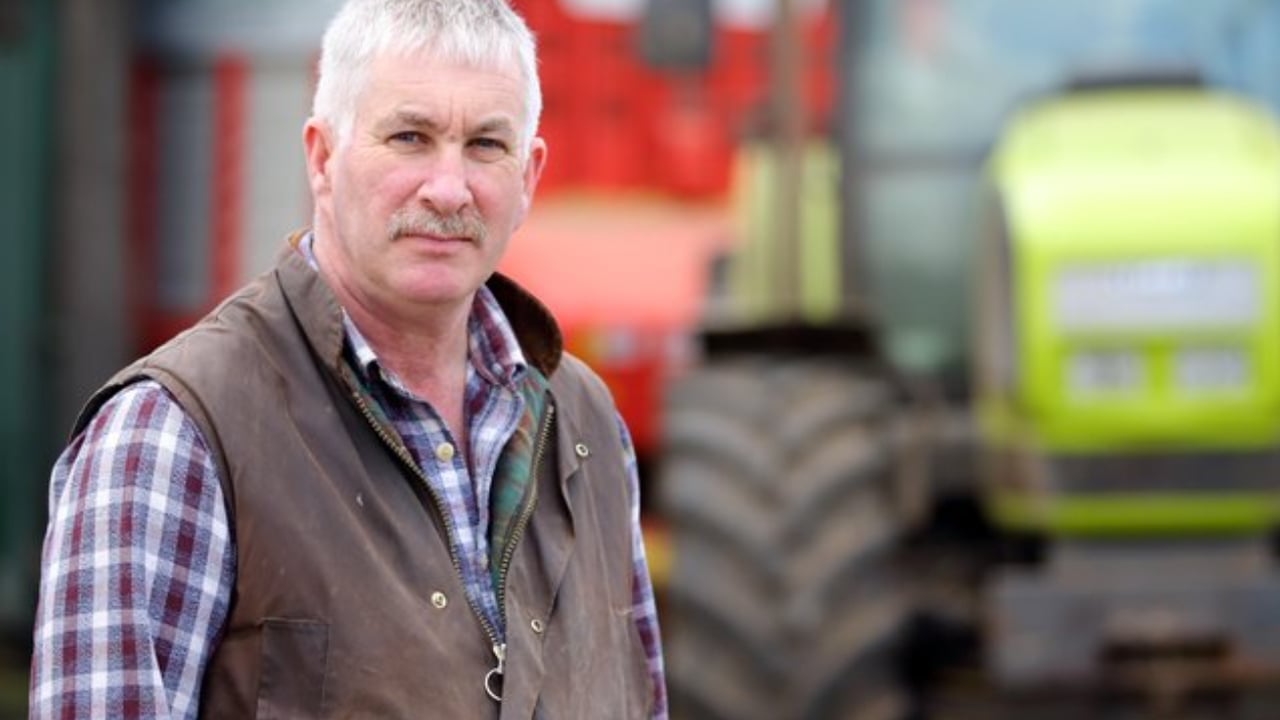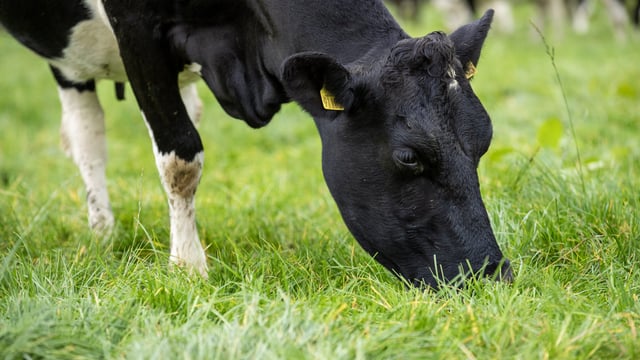UFU pledges to take to the streets over climate bill
Ulster Farmers' Union (UFU) president, Victor Chestnutt, has confirmed that he will take farmers on to the streets if MLA Clare Bailey's Climate Change Bill (No.1) succeeds at Stormont.The north Antrim man said that he would "not stand idly by" and allow large swathes of Northern Ireland's livestock industry to be decimated by what he regards as proposed legislation that is not grounded in scientific fact.
There is also a second Climate Change Bill (No. 2), which was compiled by the Department of Agriculture, Environment and Rural Affairs (DAERA) currently progressing through the Stormont Assembly.
Previously, agriculture minister Edwin Poots acknowledged concerns about two bills passing through the Northern Assembly at the same time and explained that he had instructed his staff to work with those behind Climate Change Bill (No. 1) to reach a “compromise”.
Chestnutt told Agriland: "Don't get me wrong, the farming industry fully recognises that it must respond in a very constructive manner to the challenge of climate change.
Reflecting on the union's current policy priorities, Chestnutt confirmed that all farm input costs are rising at the present time."I think this will refocus the industry," he further explained.
Referring to his own farm, Chestnutt pointed out that he is currently growing more grass than ever. This is down to making better use of slurries.Chestnutt continued: "We will all learn to do things differently moving forward. But this is happening against the recent uplift in farm gate prices.
He added: "The current hike in input costs is concerning. But we all need to find smarter ways of working," he continued.
The UFU president also believes consumers now recognise that they will have to pay more food into the future.
"This is inevitable. I think we are coming into a period of stronger inflation. In the past this never did farmers much harm," he said.
"Double digit interest rates would not be a pleasant prospect. But there seems to be a train of thought doing the rounds at the present time to the effect that interest rates will settle at around 5% per annum in the medium to long-term," he concluded.





